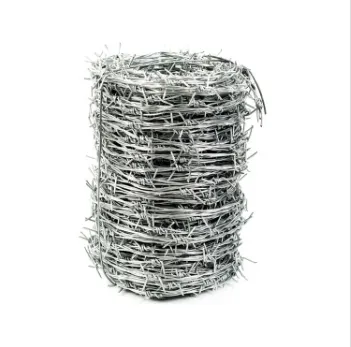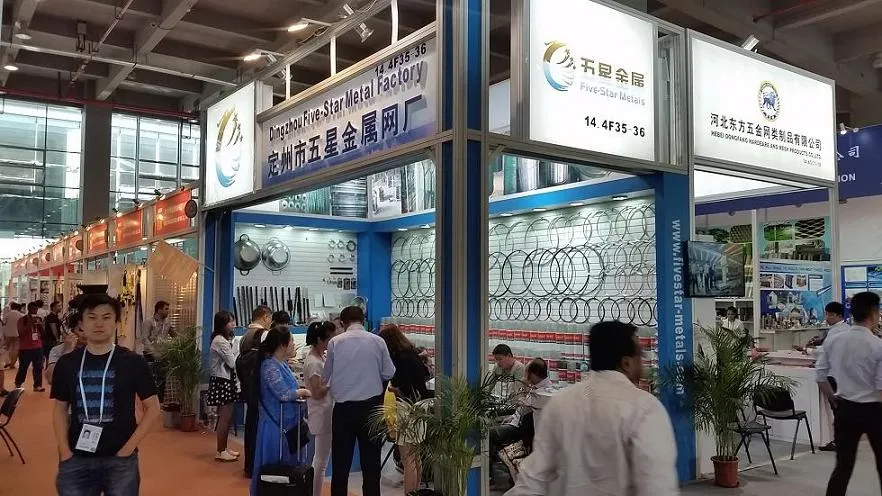High Strength Anchor Bolt Supplier - High Quality, CE Certified, Affordable Price
- Comprehensive Overview of High Strength Anchor Bolts
- Technical Advantages and Specifications
- Comparative Analysis of Leading Manufacturers
- Customization Solutions for Varied Industrial Needs
- Case Studies: Real-World Applications and Performance
- CE Certification: Quality and Compliance
- Conclusion: Making the Optimal Choice in High Strength Anchor Bolts

(high strength anchor bolt)
Comprehensive Overview of High Strength Anchor Bolts
High strength anchor bolts are foundational components utilized in a wide array of construction and engineering projects. They are specifically engineered to provide maximum tensile and shear strength, effectively anchoring critical structural elements under extreme stress. With a growing demand for structural safety, these bolts have become a staple in both commercial construction and heavy industry. According to the Global Fastener Market Report 2023, the market size for high strength fasteners is projected to reach $49.1 billion by 2027, growing at a CAGR of 4.5%. This growth is driven by an increased emphasis on infrastructure resilience and the adoption of advanced materials in engineering applications. High quality high strength anchor bolt
s ensure not just functionality but also compliance with rigorous industry standards, serving as the backbone of secure and durable assembly.
Technical Advantages and Specifications
The technical superiority of high strength anchor bolts lies in their material composition, manufacturing precision, and surface treatments. Commonly made from alloy steels such as ASTM A193 Grade B7 or DIN 1.7225, these bolts offer tensile strengths exceeding 1040 MPa, and yield strengths above 860 MPa, ensuring robust performance under heavy loads. Their enhanced corrosion resistance is achieved through galvanization or hot-dip zinc coatings, which endure salt-spray tests for over 720 hours. This robust protection is vital in offshore, bridge, and skyscraper constructions, where environmental exposure is extreme.
Salient advantages include:
- Superior fatigue resistance enabling long service life
- Uniform thread geometry ensuring consistent preload
- Precision machining that minimizes microstructural flaws
- Available with CE certification for assured quality and international compliance
Comparative Analysis of Leading Manufacturers
Selection of the right supplier is crucial for reliability, cost efficiency, and compliance. The table below outlines a head-to-head comparison of prominent international manufacturers based on key performance metrics, pricing, and certifications.
| Manufacturer | Material Grade Options | Tensile Strength (MPa) | Certification | Salt-Spray Resistance (Hrs) | Customizable | MOQ | Average Price (USD/Unit) |
|---|---|---|---|---|---|---|---|
| Hilti | B7, 42CrMo4 | 1000–1200 | CE, ISO 898-1 | 1000 | Yes | 1,000 | 3.80 |
| Rawlplug | 8.8, 10.9, B7 | 900–1100 | CE, ETA | 800 | Yes | 500 | 2.50 |
| Powers Fasteners | B7, 20MnTiB | 950–1150 | ISO 898-1 | 850 | Limited | 2,000 | 2.10 |
| Unbranded (China, OEM) | B7, Q235, 35CrMo | 800–1200 | CE (optional) | 720 | Yes | 5,000 | 1.15 |
The comparative data reflects not just technical parameters but also the value proposition for customers seeking premium or cheap high strength anchor bolt options. CE certification remains a critical differentiator in procurement decisions for international projects.
Customization Solutions for Varied Industrial Needs
No two construction projects are identical, and high strength anchor bolt customization is essential for meeting diverse technical requirements. Modern manufacturers employ a range of advanced CNC machining systems, heat treatment lines, and in-house material labs to deliver tailored solutions.
- Material Adaptability: Capability to engineer bolts with carbon, alloy, stainless, or duplex steels to deliver precise mechanical performance.
- Dimension & Thread Customization: Bolt diameters ranging from M8 to M100, and custom thread pitches allow integration into unique structural systems.
- Special Surface Treatments: Options include Dacromet, Geomet, or PTFE coatings to enhance environmental resistance beyond standard galvanization.
- Batch Identification & Traceability: Each lot marked with unique codes to ensure full compliance with traceability standards per ISO 9001/CE directives.
Case Studies: Real-World Applications and Performance
The robust performance of high strength anchor bolts can be illustrated through global case studies. In 2021, a major offshore wind farm installation in the North Sea deployed over 20,000 custom galvanized anchor bolts (ASTM A193 B7, 36mm x 1800mm), each subjected to over 1,200 MPa tensile load. Through salt-spray testing and fatigue analysis, these bolts achieved a service life projection of over 30 years, despite constant saltwater exposure.
A prominent example in transport infrastructure is the Osaka High-Speed Rail Project, which utilized CE certified high strength anchor bolts, achieving 40% faster installation due to pre-threaded end designs developed in partnership with the supplier. This led to a direct cost saving of approximately $1.2 million across the 10-kilometer section.
Additionally, a petrochemical facility upgrade in Houston swapped standard anchor bolts for high quality high strength anchor bolts featuring PTFE coatings, reducing maintenance intervals by 60% due to exceptional chemical resistance. The detailed performance metrics of these cases underscore the importance of precise bolt specification as well as advanced material science.
CE Certification: Quality and Compliance
The global construction market increasingly favors CE certification as a benchmark for quality, safety, and regulatory compliance. The CE marking affirms that high strength anchor bolts conform to the requirements of the Construction Products Regulation (CPR) in the European Union.
Process for Certification Involves:
- Comprehensive mechanical testing (tensile, shear, impact)
- Non-destructive examination (ultrasonics, radiography)
- Documentation audits for process and material traceability
- Annual factory production control assessment by Notified Bodies
Conclusion: Making the Optimal Choice in High Strength Anchor Bolts
Selecting the ideal high strength anchor bolt involves careful evaluation of technical specifications, compliance standards, manufacturer reliability, and total cost of ownership. While premium options offer extended lifespan and guaranteed performance, cheap high strength anchor bolts hold value for budget-sensitive assignments where specification requirements are less extreme—but never at the cost of safety.
For projects demanding high quality and global compliance, prioritizing CE certification high strength anchor bolts ensures resilience, uniformity, and peace of mind under any application scenario. By leveraging data-driven selection methods, customized engineering solutions, and a deep understanding of real-world performance metrics, stakeholders are empowered to make informed choices that protect assets and support sustainable infrastructure growth worldwide.

(high strength anchor bolt)
FAQS on high strength anchor bolt
Q: What is a high strength anchor bolt?
A: A high strength anchor bolt is a specialized fastener designed to secure heavy structures or equipment to concrete or masonry. It offers superior load-bearing capacity compared to standard bolts. These bolts are essential for safety-critical installations.Q: How can I ensure I'm purchasing a high quality high strength anchor bolt?
A: Look for bolts made from certified materials with clear manufacturing standards. Reputable suppliers often provide documentation proving their high quality. Always request test reports or certification details before buying.Q: Why should I choose a CE certification high strength anchor bolt?
A: CE certification indicates compliance with rigorous European safety and quality standards. Choosing certified bolts reduces the risk of failure and ensures regulatory acceptance. It's especially crucial for projects in regulated markets.Q: Can I find a cheap high strength anchor bolt without compromising safety?
A: Yes, it's possible by sourcing from trusted suppliers or purchasing in bulk. However, never sacrifice certification and material quality for price. Always verify the product’s specifications meet your project’s requirements.Q: What factors should I consider when selecting a high strength anchor bolt for my project?
A: Consider load requirements, environmental conditions, and necessary certifications like CE. Material grade and corrosion resistance are also important. Consult with engineers or suppliers if unsure about the best option.-
Types and Uses of Common Nails in Construction
NewsJul.31,2025
-
The Transformative Role of Square Wire Mesh in Contemporary Architecture
NewsJul.31,2025
-
The Essential Role of Razor Wire in Modern Perimeter Security
NewsJul.31,2025
-
Installation Guide for Hexagonal Wire Netting Fencing
NewsJul.31,2025
-
How to Properly Use Rebar Wire Ties for Stronger Concrete Structures
NewsJul.31,2025
-
Creative and Decorative Uses of Barbed Wire in Design
NewsJul.31,2025














